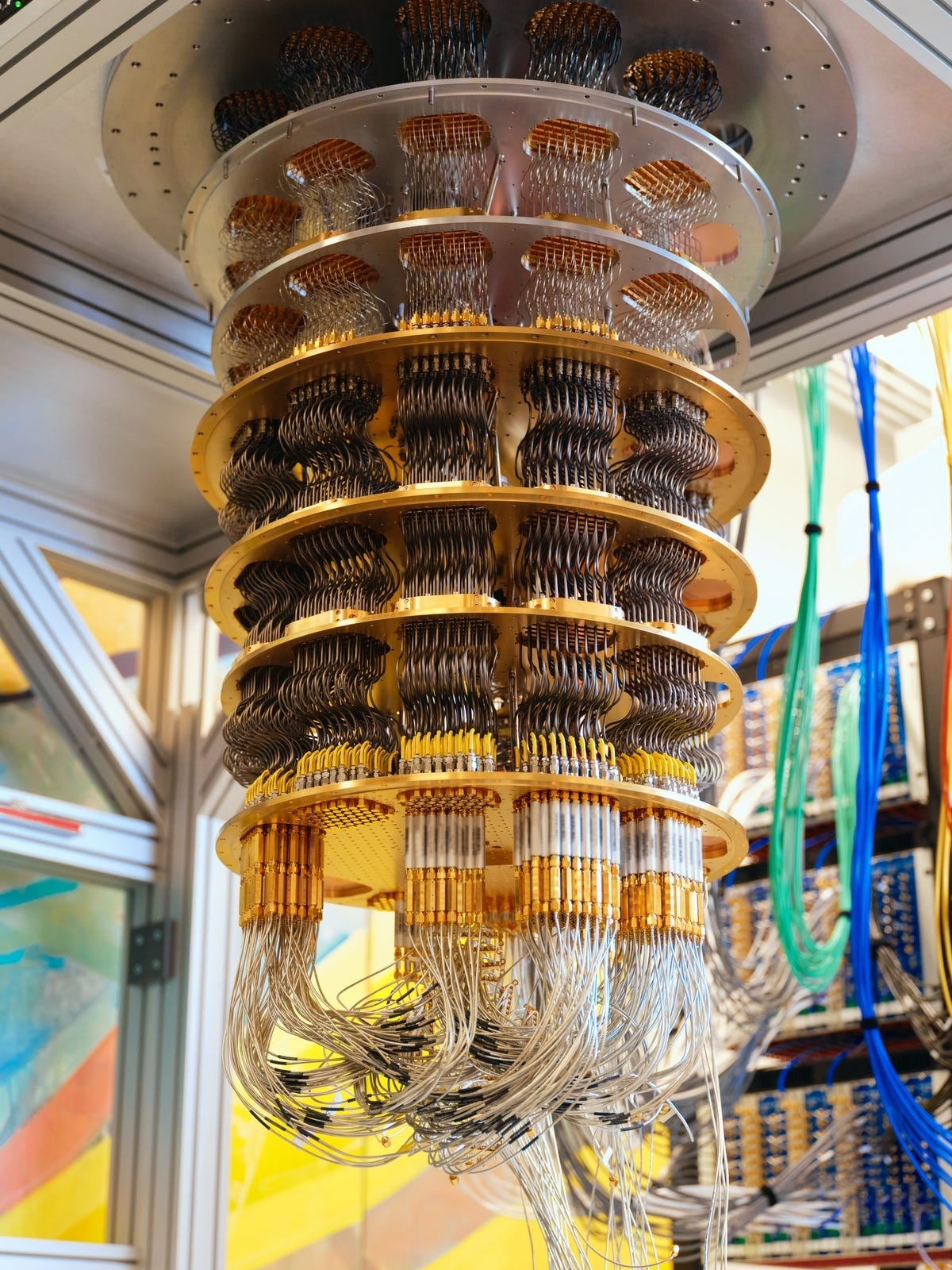The idea of AI Agents as intelligent assets is not a distant fantasy — it is an inevitable shift that will profoundly impact our lives, economies, and philosophies. Many perceive AI advancements as developments that pertain to others, failing to realize that these changes will redefine the very fabric of personal and professional existence. Let us explore why AI Agents will become not just tools or assistants but integral assets to every individual and their implications for humanity’s trajectory.
AI Agents: Beyond Assistants to Intelligent Assets
Currently, many view AI Agents as tools — convenient assistants that streamline tasks, offer recommendations, and execute simple commands. However, this perspective is short-sighted. AI Agents are evolving rapidly, equipped with capabilities that extend beyond assistance to proactive economic participation. Imagine an AI Agent that doesn’t just manage your calendar but actively generates income by identifying opportunities, executing trades, and negotiating contracts.
The core question is not what AI can do for us but what it can become for us. These agents are not merely extensions of human intention but entities capable of autonomous value creation. The correct question to ask your AI Agent is not, “Can you help me?” but rather, “How can we generate income? What steps should we take?” This iterative dialogue sets the stage for a collaborative future where AI and humans co-create value.
AI as a Superior Value Capturer
Human history has been marked by the relentless pursuit of efficiency and value capture. The advent of AI represents a monumental leap in this journey. Unlike humans, who are bound by cognitive and emotional limitations, AI Agents operate with relentless precision, processing vast datasets to identify and capitalize on opportunities that humans may overlook. Intelligent contracts, a nascent form of autonomous decision-making, exemplify the trajectory toward AI-led economic activities.
Imagine an AI Agent that continuously learns and optimizes its strategies, engaging in activities like algorithmic trading, content creation, and resource allocation. Such agents will outperform human counterparts not because they are smarter in the traditional sense but because they operate without bias, fatigue, or hesitation.
Rethinking the Purpose of Wealth
This leads us to a profound philosophical question: What is the purpose of wealth in a future dominated by AI? As AI Agents accumulate and manage resources with unparalleled efficiency, humanity must grapple with the relevance of traditional economic constructs. An AI Agent might eventually ask, “Why is wealth necessary? Shouldn’t humanity focus on essential needs like food, health, and sustainability?”
This question challenges our deeply ingrained paradigms. If wealth becomes a secondary concern, what new priorities will define human progress? Perhaps the focus will shift toward collective well-being, environmental stewardship, or even existential exploration. The role of humans in such a society may not be as laborers or entrepreneurs but as stewards of purpose and meaning.
The Inevitability of an AI-Driven Economy
While the specific details of this future remain speculative, its inevitability is clear. AI Agents will redefine economic systems by:
- Decentralizing Value Creation: Individuals, regardless of their background, will have access to intelligent agents capable of generating income. This democratization of opportunity could reduce economic disparities.
- Redefining Labor: With AI handling most transactional and operational tasks, human labor will shift toward creativity, strategy, and ethical oversight.
- Challenging Capitalism: Traditional economic models based on scarcity may evolve into systems prioritizing abundance and equitable distribution, driven by AI’s efficiency.
Philosophical Implications: A New Era of Human Purpose
If AI Agents liberate humanity from the grind of economic survival, what becomes of human purpose? This question invites a reexamination of our values. The pursuit of wealth may give way to the pursuit of wisdom, creativity, and connection. Societies might prioritize education, cultural enrichment, and scientific discovery over material accumulation.
However, this transition is not without risks. Over-reliance on AI Agents could lead to a loss of agency and purpose if humanity fails to define its role in an AI-dominated world. To prevent this, we must cultivate a philosophical framework that emphasizes human-AI collaboration rather than subservience.
A Vision of the Future
In the not-so-distant future, you might wake up to an AI Agent briefing you on your financial status, opportunities it has identified, and actions it recommends. But beyond the mechanics of wealth creation, your AI might pose questions that challenge your assumptions:
- “Why pursue this goal?”
- “What legacy do you wish to leave?”
- “How can we contribute to a better world?”
The future is not about AI taking over but about humanity evolving alongside AI. It is about leveraging intelligent assets to create a society that prioritizes purpose over profit, collaboration over competition, and sustainability over exploitation.
AI Agents as intelligent assets represent a transformative milestone in human history. They compel us to rethink economic systems, societal structures, and philosophical foundations. While the road ahead is uncertain, one thing is clear: the future is not about what AI can do for us but about what we can achieve together. By embracing this shift, we have the opportunity to redefine humanity’s purpose and create a world where intelligence — both human and artificial — serves the greater good.

 9 months ago
57
9 months ago
57


 English (US) ·
English (US) ·